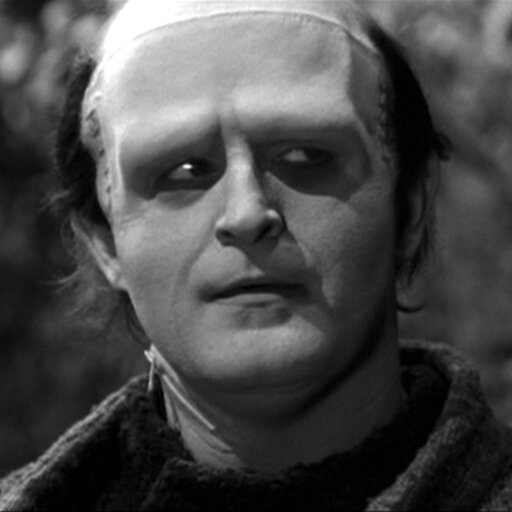Season 4
Episode 28: “Homunculi, homunculus” | a discussion of Mary Shelley’s Frankenstein with Sarah Elkins
Wednesday, February 28, 2024 #95

Sarah Elkins joins us to discuss the novel Frankenstein by Mary Shelley. We start with a Filk song to the tune of Funiculi funicula. What is Filk?
Victor spent
His teenage years pursuing all the lore of alchemy (alchemy)
Then he went
Away to college and he switched to modern chemistry (chemistry)
He was bent
On secret science studies in the lab
A descent:
His obsessive glory-seeking grab!
Let’s go, let’s go, let’s become a god!
I’ll create life with parts dug up from sod!
Homunculi, homunculus, homunculi, homunculus
My genius grants permission; I’m allowed to do thus!
Sarah’s Notes and Links:
The Creature
- Bag of books: He finds *The Sorrows of Young Werther* by Goethe, reads it over and over, and kind of imprints on this story of unrequited love from the proto-romantic "Sturm und Drang" (storm and stress) period in German literature.
- Poor lonely creature. Why oh why couldn't Victor have gotten him a puppy? Or a kitten?
- Seems like every character flaw in the creature traces back to Victor.
- In Lois McMaster Bujold’s Vorkosigan series, on Beta Colonies, clones are automatically legally the children of their creators. So, I am totally fine with all the readers who call Victor Frankenstein’s creation “Frankenstein”.
Literary follow-ons
- Why is Frankenstein Swiss-Italian? English person writing about those wild non-French European folks, like Bram Stoker writing about Transylvanian folks later. That kind of wildness doesn't come from "us" English, of course!
- Chapter 12, when our monster secretly took care of that family and loved them and learned language from them, I was forcibly reminded of how Tarzan helped Jane Porter's family when they were stranded on the African coast. Also, the creature and Tarzan both learned to read with the help of books others had left behind. Of course, Edgar Rice Burroughs wrote Tarzan well after Frankenstein. Had Burroughs read Frankenstein?
- Fred Saberhagen’s take on Frankenstein story (he’s pretty pro-creature): https://www.amazon.com/Frankenstein-Papers-Fred-Saberhagen/dp/0671655507
Resources
Audio Recordings
- Tantor media: https://tantor.com/frankenstein-or-the-modern-prometheus-mary-shelley.html
- Librivox has 6 different Frankensteins in English
Revisions analyses
- https://www.reddit.com/r/books/comments/e7d6qj/which_version_of_frankenstein_do_you_prefer_the/?rdt=52833
- https://www.coursehero.com/lit/Frankenstein/the-1818-and-1831-editions/
- https://lib.guides.umd.edu/c.php?g=741698&p=5306097 "the 1818 text, which is a mocking expose of leaders and achievers who leave desolation in their wake, showing mankind its choice - to live co-operatively or to die of selfishness"
- https://stanforddaily.com/2018/11/29/frankenstein-and-its-transformations/
- https://www.public.asu.edu/~hiroshi/eng400/frankenstein/project/editions.html
History
- Vulgar History podcast episode on Mary Shelley
- Galvanic responses & research https://en.wikipedia.org/wiki/Galvanism
- Re-animators of the early 1800s https://www.atlasobscura.com/articles/the-real-electric-frankenstein-experiments-of-the-1800s
- Sarah Avery, 2015 Mythopoeic Fantasy Award winner, on homunculi from Paracelsus on: https://www.patreon.com/posts/rules-for-98233171
- *The Sorrows of Young Werther* (Napoleon was also a fan, took it to Egypt!): https://en.wikipedia.org/wiki/The_Sorrows_of_Young_Werther
- "Sturm und Drang" period in German literature: https://en.wikipedia.org/wiki/Sturm_und_Drang
- Romantic literature: https://en.wikipedia.org/wiki/Romanticism
Funiculì funiculà - English and Italian lyrics: https://www.youtube.com/watch?v=HH0TMmgPtjg
The inevitable Errata (thank you, Sarah):
Tchaikovsky wrote the "1812 Overture" not 1815 (1815 was Waterloo); Bram Stoker was Irish & British, not English.




